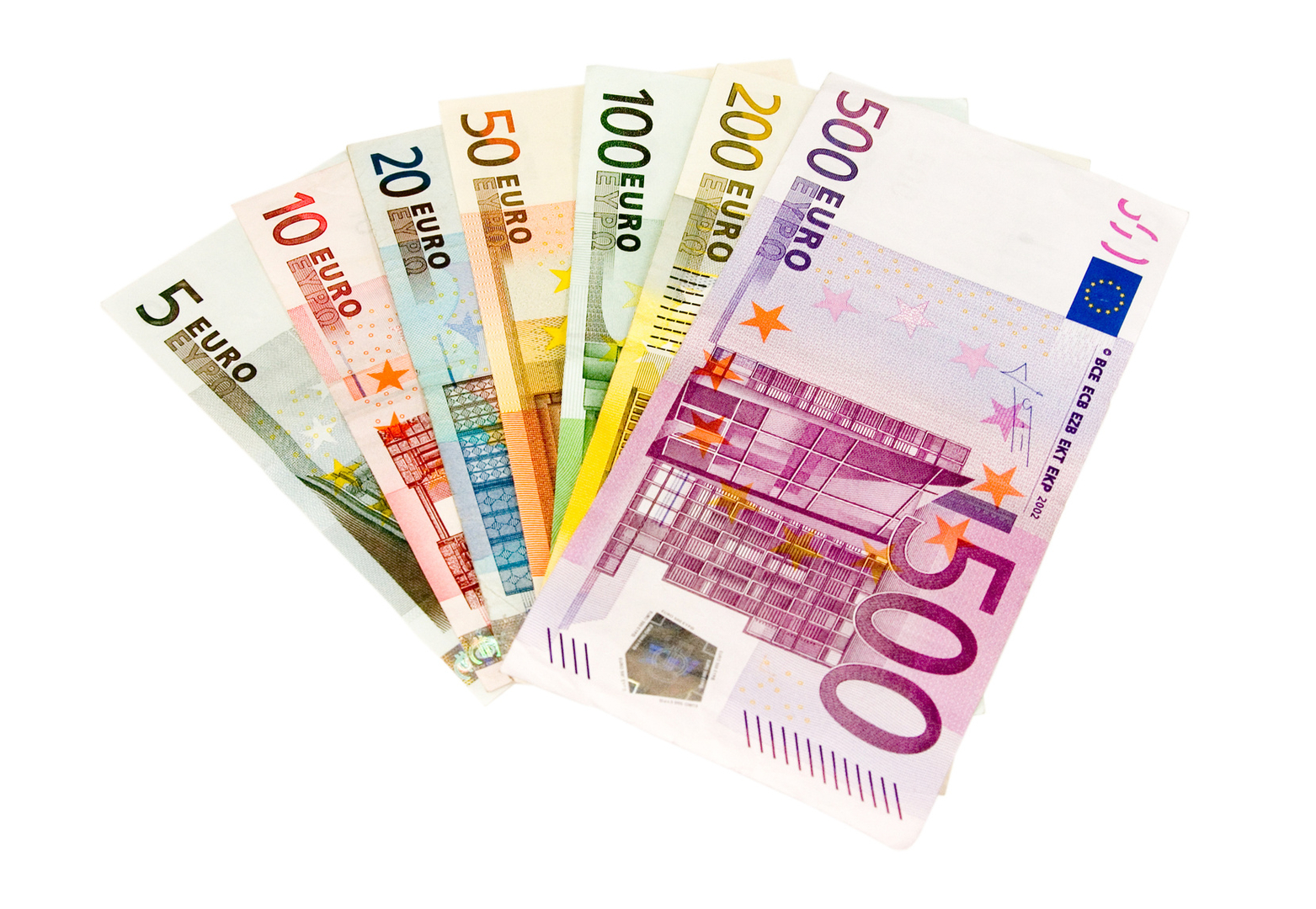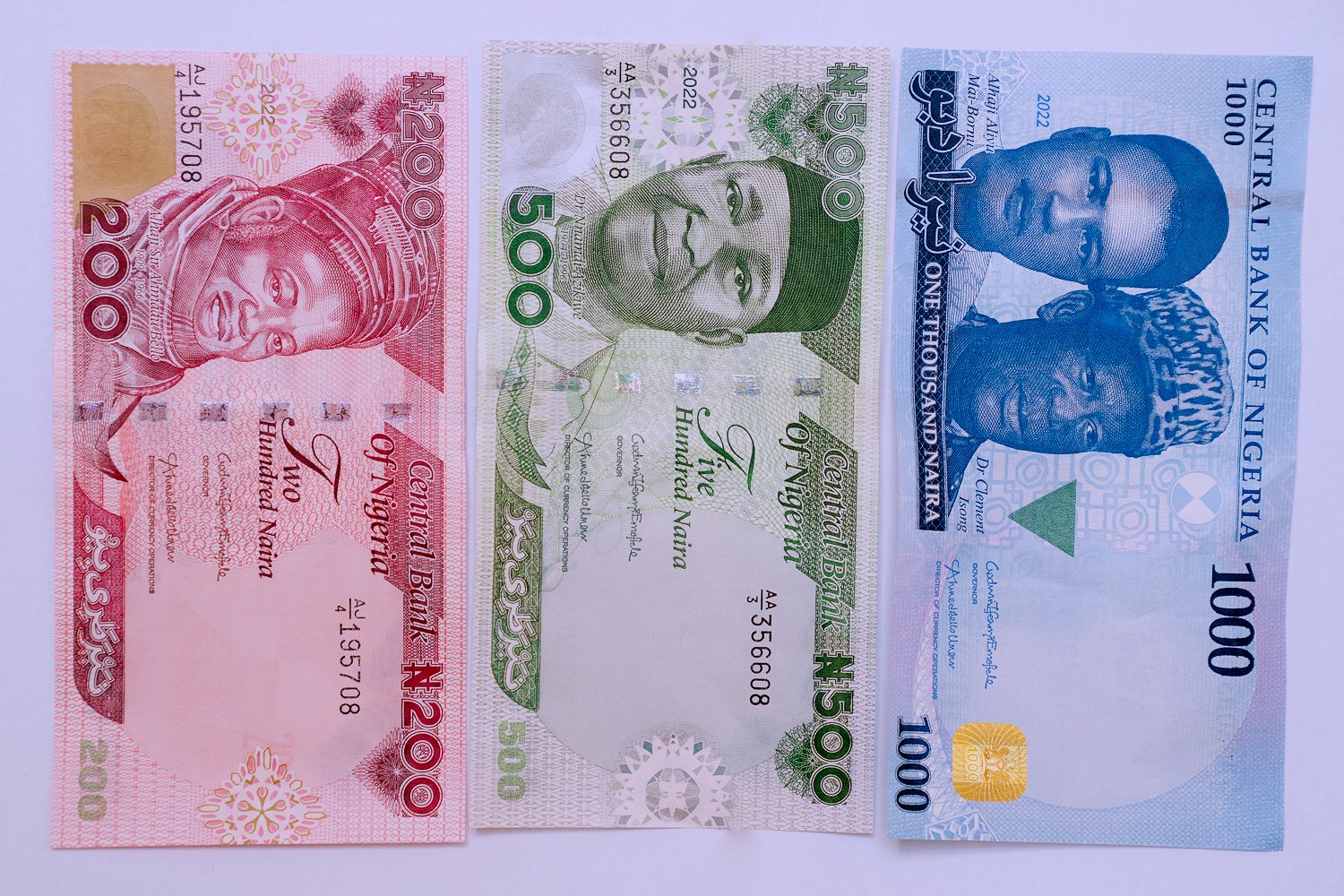- Stakeholders Urge CBN to Liberalise Forex Market
Stakeholders in the financial services industry have urged the Central Bank of Nigeria (CBN) to liberalise the foreign exchange (forex) market and allow the naira to float freely.
This is coming amid concerns that CBN’s decision to stop banks from selling dollars to bureaux de change (BDCs) and the clampdown on BDCs for selling dollar above N400 may worsen the exchange rate at the parallel market.
Though the naira has weakened by 36 per cent since June to around N310 per dollar in the official market, investors believe the exchange rate is still being controlled by CBN.
This has led the FMDQ Over-the-Counter (OTC) exchange to announce the suspension of the FMDQ interbank spot rate, replacing it with the CBN spot rate until the general market structure becomes more credible and transparent.
The naira has fallen to N460 from N335 on the black market in that period as businesses struggle to access foreign exchange from their banks. The depreciation occurred despite continuous intervention by the CBN almost on weekly basis, in the market.
FMDQ Over-the-Counter Securities Exchange Chief Executive Officer, Bola Onadele, accused the CBN of using “strong moral suasion” to prevent the naira from depreciating to a market-related level, and called on the regulator to let the currency float freely.
“The average daily turnover in the spot market used to be $1 billion and now it’s less than $100 million. I don’t believe the parallel market is illegal any more. We have inadvertently legitimised it through some of our actions. It may no longer be as small a market as we used to think. If you have $1,000 to convert to naira, will you sell it at 315? No rational person will do that. You’ll sell to a bureau de change and get N460,” Onadele, a former chief dealer at Citigroup Inc’s Nigerian unit, told Bloomberg.
“No one believes the N305 price of the naira on their screens,” Onadele said, “That devaluation risk is still there. It would only melt away when the market establishes a credible price formation on the back of transparent trading operations by the banks. We need to have proper price discovery.”
Afrinvest West Africa Managing Director, Ike Chioke, said his expectations of further fragmentation of the forex market and a liquidity constraint at the parallel market materialised last week as black market operators refused to sell dollars at the regulatory mandated rate of N400/$1 but willing to buy at N395/$1.00, most likely to hoard.
However, he said the naira/dollar rate at the underground parallel market for operators willing to defy regulatory directives on rate traded between N455/$1 and N465/$1 without liquidity constraints.
Chioke said dollar scarcity at the official market was reaffirmed by drop in daily forex turnover to about $1 billion, while approximately $100 million was recorded as unmet demands.
“Accordingly, investor sentiment remained depressed by currency risk as liquidity crunch lingers. Performance at the parallel market however improved as the naira firmed against the dollar on all trading days of the week amidst reports of dollar sales to Bureau De Change operators by Travelex. Parallel market rates closed at N460 to dollar,” he said.
Meanwhile, security agents have continued to raid the offices of black market currency dealers, detaining some dealers and ordering others to sell dollars at a lower rate in a bid to break the fall of the currency, dealers said.
“The police and state security service officials are raiding black marketers in Lagos and Abuja to compel an appreciation of the naira,” Mallam Adamu, a bureau de change operator, said.
Another trader said security agents visiting BDCs told dealers not to sell dollars for more than N395 but that only created more anxiety in the market, with fears that the practice may worsen exchange rate worries.
“We’ve stopped buying dollars from just anybody that walks into our shop due to the harassment from security agents and a directive from our association,” said a dealer, who asked not to be named.


 Forex2 weeks ago
Forex2 weeks ago


 Naira1 week ago
Naira1 week ago
 Naira4 weeks ago
Naira4 weeks ago
 Company News4 weeks ago
Company News4 weeks ago




 Naira1 week ago
Naira1 week ago




 Naira3 weeks ago
Naira3 weeks ago
 Billionaire Watch1 week ago
Billionaire Watch1 week ago




 Naira6 days ago
Naira6 days ago





















